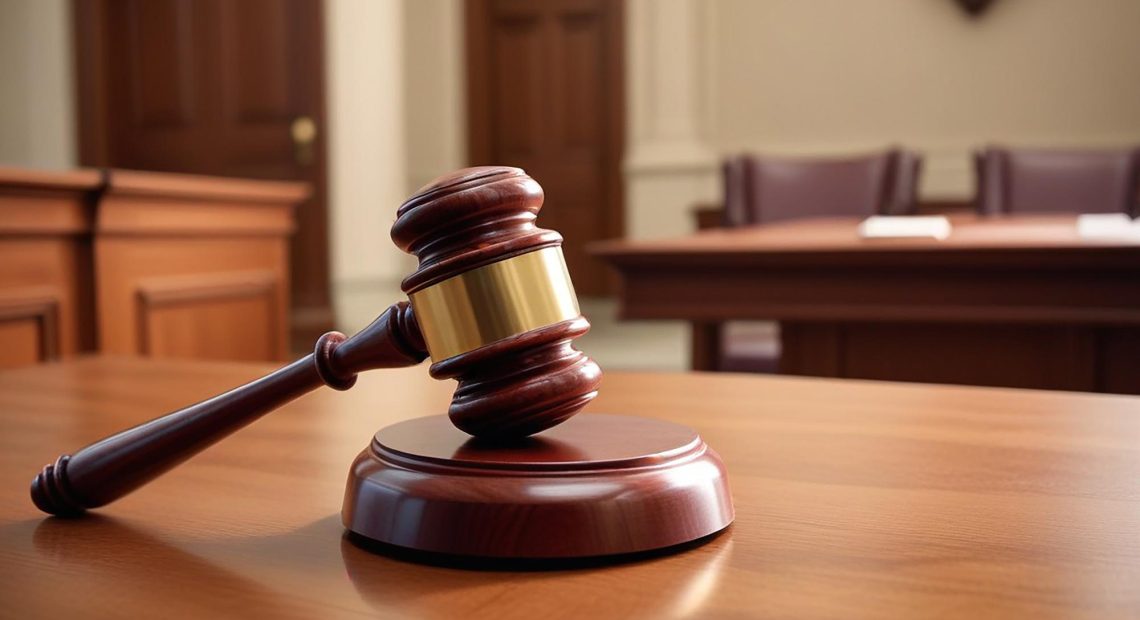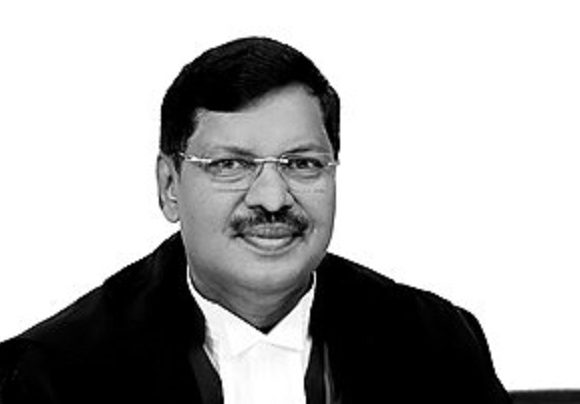
Supreme Court Criticises Andhra CM Naidu Over Tirupati Laddu Controversy
The Supreme Court on Monday criticised Andhra Pradesh Chief Minister N Chandrababu Naidu for making public statements about the alleged use of contaminated ghee in the preparation of the famous Tirupati Laddus, even before the registration of an FIR and the commencement of an SIT investigation.
Chief Minister’s Premature Statements Questioned
The top court, led by a two-judge bench comprising Justice B R Gavai and Justice K V Vishwanathan, expressed concern over Naidu’s comments made on September 18, questioning the basis of his statements. “Where was the justification for him to go to the press and make such statements when a probe had already been ordered by the State into the allegations?” the bench observed.
The court highlighted that there was no concrete proof to support the claims that contaminated ghee was used in the making of the laddus. It further noted that out of the five suppliers, only one supplier’s ghee was found to be contaminated.
Petitions and Allegations of Substandard Ingredients
Following Naidu’s remarks, several petitions were filed in the Supreme Court, including one by BJP leader Dr Subramanian Swamy, seeking a court-monitored investigation into the alleged use of animal fat in the laddus offered as prasadam at the Sri Venkateswara Swamy Temple in Tirumala.
The apex court, after reviewing the lab reports, found no prima facie evidence that the contaminated ghee in question was used in the laddu preparation. The bench remarked, “We should keep God away from politics,” expressing concern over statements that could potentially affect the sentiments of millions of devotees.
Decision on Investigation Authority Pending
The Supreme Court also asked Solicitor General Tushar Mehta to assist in determining whether the ongoing SIT investigation by the State should continue or if an independent agency should be appointed to carry out the probe. The matter has been scheduled for further hearing on October 3, with the SG instructed to seek guidance from the Central government on the necessity of an independent investigation.
Dr. Swamy’s plea further argued that the test results should not have been disclosed to the media but handled internally by the temple trust’s administrative officers. He suggested that the temple should have implemented checks and balances to ensure the quality of ingredients used in the preparation of prasadams.
The controversy continues to stir emotions among devotees and political leaders, with the court set to provide more clarity on the investigation’s future course in the upcoming hearing.


















